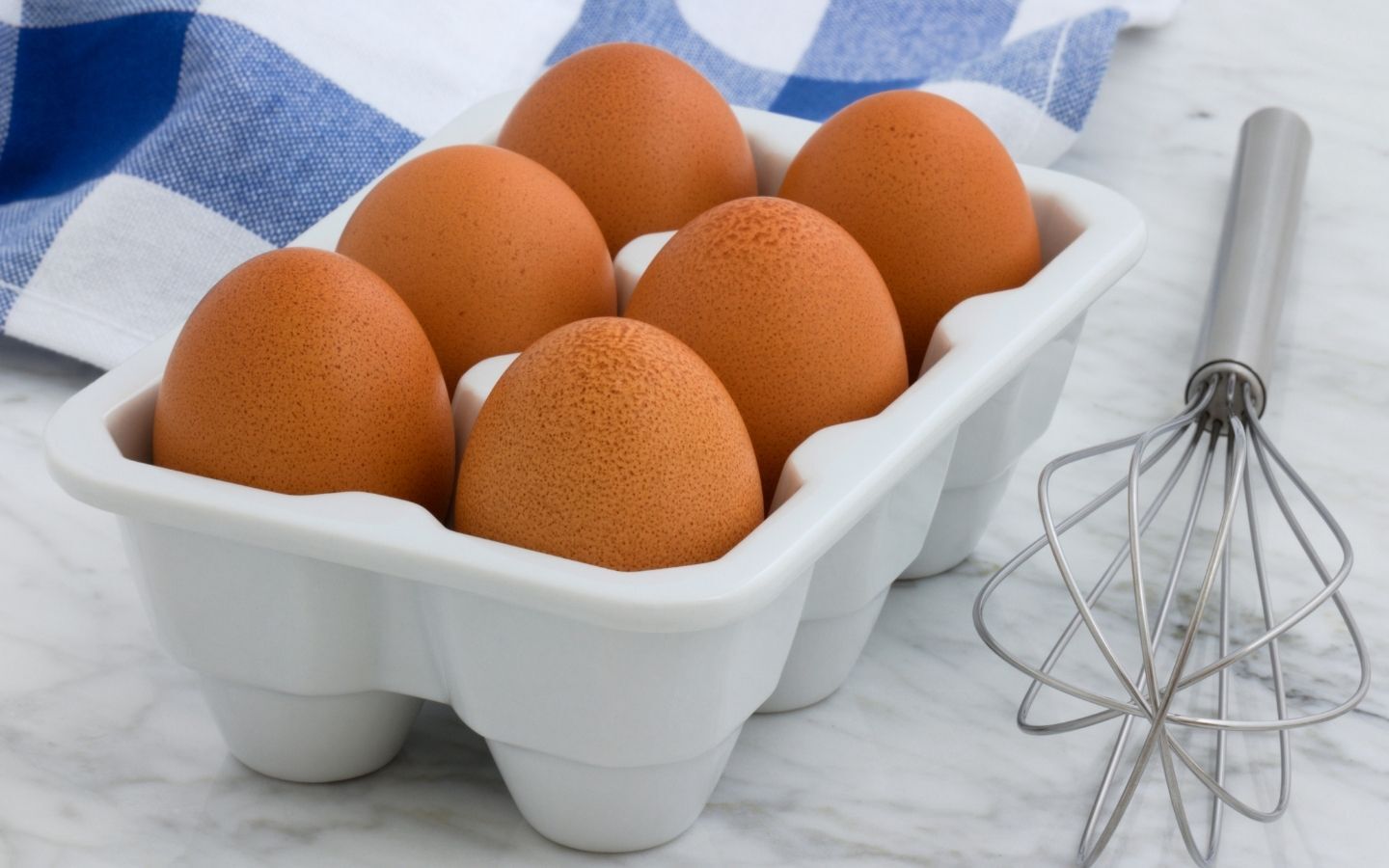Don't Crack Under Pressure: Egg Food Safety For Food Businesses

How to handle eggs without scrambling your food safety standards
If you’re running a café, restaurant, or food stall, eggs are probably a staple on your menu — from silky hollandaise to fluffy pancakes and all-day brekkies. But, if you don’t handle eggs properly, you’re not just putting breakfast at risk, you’re putting your entire business on the line.
Let’s talk about egg safety before someone ends up with more than just egg on their face.
1. Keep it cool (like, actually cool)
There’s no legal requirement in NZ or Australia to refrigerate eggs, but if you’re not doing it, you’re playing a dangerous game. The pros recommend keeping eggs at or below 4°C. Why? Because cold eggs last longer, stay safer, and make you look like a professional who gives a cluck.
Pro tip: Keep eggs in their cartons — the packaging protects them from absorbing odours (eggshells are porous, not just posers) and helps maintain that sweet, consistent fridge temp. Oh, and middle or lower shelves only.
2. Best-before dates aren’t just suggestions
Eggs should come with a Best Before date — usually around 35 days after being laid. That’s your golden window for poaching, scrambling, or serving them sunny-side up.
- After 35 days? Still usable, but only for baking. That victoria sponge doesn’t care if your eggs are past their peak.
- No label? Don’t wing it — call your supplier. If they keep sending you sketchy, unlabelled eggs, it’s time to find a new egg dealer.
3. Dirty or cracked eggs? Send them packing
Here’s the rule: Dirty eggs = danger zone. Faecal matter and dirt can carry harmful bacteria like Salmonella. If you receive cracked or filthy eggs, reject them. If they’re only slightly soiled and you’re unsure — don’t risk it. Your customers aren’t signing up for roulette with their omelette.Cracked eggs can only be used if they’re going to be thoroughly cooked or pasteurised. No exceptions.
4. Raw egg dressings: handle with care
Aioli, mayo, caesar dressing — they’re delicious but deadly if mishandled. These are potentially hazardous foods (PHFs) and need strict temperature control:
- Below 5°C at all times
- Or follow the 2-hour/4-hour rule:
- 0–2 hrs at room temp? Use immediately or refrigerate.
- 2–4 hrs? Use it NOW — no going back in the fridge.
- Over 4 hrs? Bin it. Seriously.
Better yet, acidify to a pH ≤ 4.2 using a verified recipe — or get scientific and test each batch. Not keen on the lab coat lifestyle? Buy pasteurised eggs — if you can find them.
5. Leftovers need love too
Got leftover yolks or whites? Don’t just toss them in the fridge and forget.
- Whites: Refrigerate up to 4 days, freeze for up to 1 year.
- Yolks: Cover with water and use within 2 days, or hard cook and store up to 5.
- Freezing yolks? Beat in sugar or salt before freezing to avoid weird gelling.
- Label everything like a pro.
6. Cook eggs like you mean it
Let’s get cracking on the cooking temps:
- Eggs should be cooked until the white is firm and yolk begins to thicken.
- This isn’t the time to be edgy with runny raw bits — especially if you're serving kids, elderly, pregnant, or immunocompromised customers.
7. Clean up like your reputation depends on it
Cross-contamination is a silent killer. Always:
- Wash hands after handling eggs.
- Sanitise surfaces, tools, and containers.
- Don’t separate eggs with the shell — use an egg separator or clean hands.
The final scramble
A single food safety slip can cost you more than a fine — it can crack your reputation wide open. Label correctly, store smart, and treat eggs like the high-risk food they are.
Want more info? Check out:
